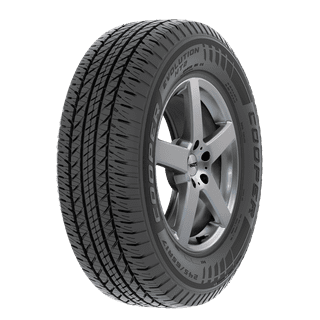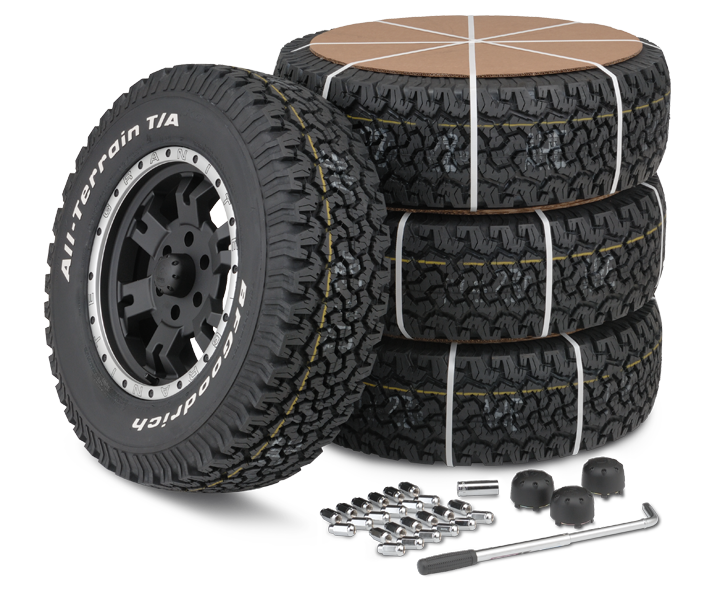Get Expert Tire Services at Tire Shop Morris: Complete Satisfaction Guaranteed
Get Expert Tire Services at Tire Shop Morris: Complete Satisfaction Guaranteed
Blog Article
Tire Solution: Comprehending Tire Pressure Surveillance Equipments
Recognizing Tire Stress Monitoring Equipments (TPMS) is an essential facet of preserving ideal vehicle performance and security on the roadway. With innovations in automotive innovation, TPMS has come to be a basic function in modern-day automobiles, providing real-time information on tire stress levels.

Value of TPMS
The significance of Tire Pressure Monitoring Equipments (TPMS) depends on their capability to boost vehicle safety and security and performance through real-time monitoring of tire stress levels. Keeping the appropriate tire pressure is vital for making certain optimum handling, braking, and general security of a car. TPMS offers drivers with immediate responses on any kind of underinflated or overinflated tires, permitting timely changes to be made.
Components of TPMS
Comprising different crucial elements, a Tire Stress Tracking System (TPMS) works as an innovative safety feature in contemporary automobiles. The major parts of a TPMS include sensors, a control module, and a warning indication. Sensing units are usually situated in the tire shutoff stem or connected to the wheel setting up, where they gauge tire pressure and transmit data to the control module. The control module processes this info and causes a warning if it detects dramatically reduced pressure in any of the tires. The warning indicator, typically a sign on the control panel, alerts the chauffeur to examine the affected tire or tires. Some progressed TPMS versions also display the actual tire stress readings for every tire, supplying motorists with real-time details to make certain optimal tire performance and safety. By keeping track of tire pressure constantly, TPMS helps prevent accidents, reduces tire wear, and improves gas performance, making it a critical part for automobile security and performance.
Sorts Of TPMS

On the various other hand, indirect TPMS depends on the automobile's wheel rate sensors to keep track of tire stress. This system detects underinflation by contrasting the additional reading rotational speeds of the wheels. Indirect TPMS is less expensive than straight TPMS, as it uses existing sensing units within the car.
While straight TPMS uses a lot more exact readings, indirect TPMS is easier in style and normally calls for much less maintenance. Both systems have Homepage their restrictions and advantages, and the choice between them frequently depends on factors such as cost, lorry make, and individual choice. Comprehending the differences between these two kinds of TPMS can help vehicle owners make informed decisions relating to tire upkeep and security.
TPMS Upkeep Tips
Conduct routine checks on the tire stress levels and contrast them with the TPMS analyses to ensure they are consistent. During tire turning or replacement, make certain that the TPMS elements are managed meticulously to avoid any type of potential damages. If the TPMS advising light illuminates on the dashboard, attend to the concern promptly by checking the tire pressures and the overall system for any type of mistakes.
Advantages of Correct Tire Stress
Preserving appropriate tire pressure, as highlighted in TPMS Maintenance Tips, is essential for gaining the many benefits linked with optimum tire pressure degrees. Additionally, correct tire pressure guarantees also tire wear, extending the life expectancy of the tires and advertising safer driving conditions. In verdict, the advantages of proper tire stress go beyond just tire long life; they encompass enhanced gas efficiency, improved safety and security, far better car efficiency, and overall driving comfort.
Final Thought
In conclusion, understanding tire pressure tracking systems (TPMS) is critical for maintaining ideal tire stress and ensuring car security. By acknowledging the relevance of TPMS, knowing with its elements, i was reading this understanding the different kinds available, adhering to appropriate upkeep ideas, and realizing the advantages of keeping correct tire stress, vehicle drivers can boost their driving experience and extend the lifespan of their tires. Appropriate tire pressure is essential to safe and efficient lorry procedure.

Report this page